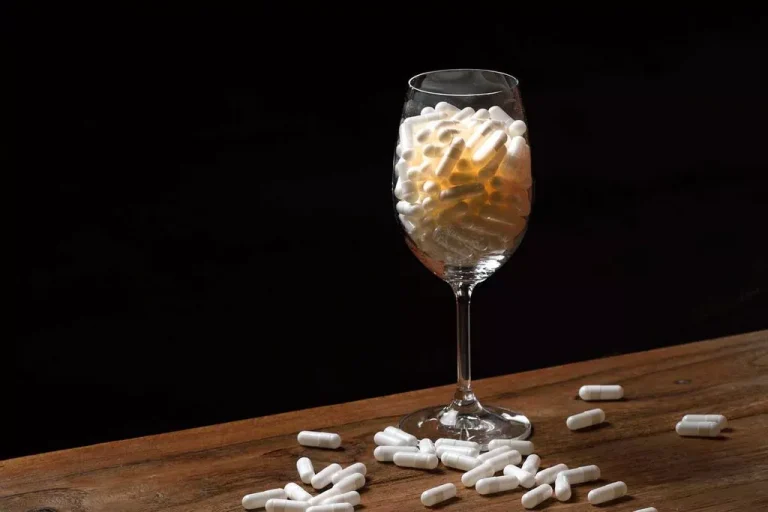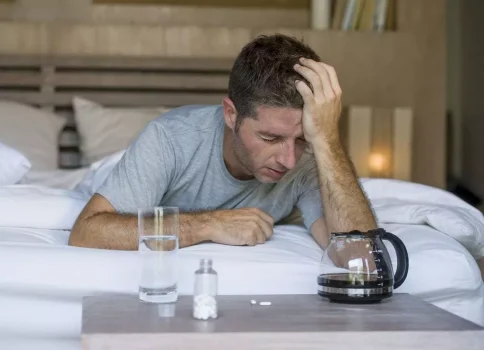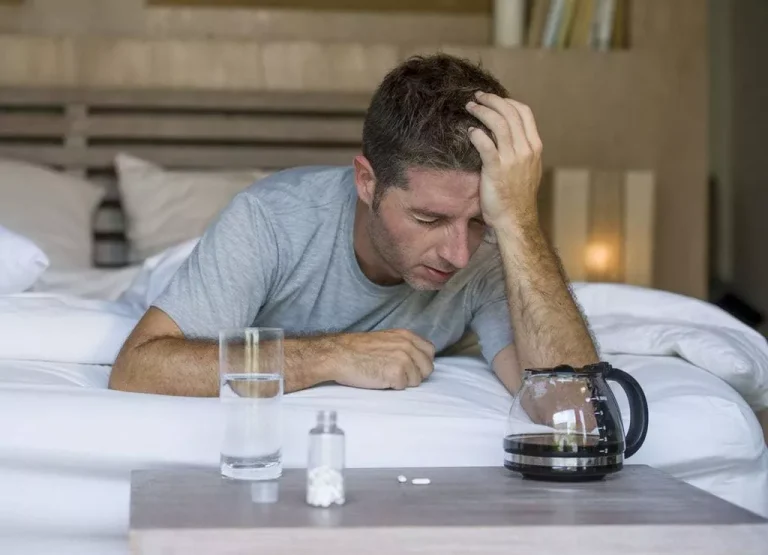
Head injuries are of particular concern, as they can Alcoholics Anonymous lead to intracranial bleeding, which may go unnoticed until it is too late. The combination of alcohol and blood thinners can be especially dangerous for those with liver disease or reduced liver function. Individuals with liver problems may need to limit their alcohol consumption more strictly.
Let’s talk about your recovery
In fact, most blood-thinning medications will specifically advise against mixing them with alcohol. Blood thinners can be dangerous, increasing your risk of severe bleeding during an accident or with an injury. Their use must be carefully monitored to ensure that the blood does not become too thin. We’ll explore the role of blood thinners, the effects of alcohol consumption, and expert recommendations for safely enjoying a drink while on these medications. By the end, you’ll have a comprehensive understanding of how to manage your health effectively while on blood thinners.

Understanding Alcohol’s Detrimental Effects on Liver Function
The combination of a compromised stomach lining due to an ulcer and the blood-thinning effect of Eliquis can significantly amplify the chances of a bleed. Consuming alcohol can potentially interfere with the effectiveness of Eliquis. It’s also prescribed to patients who have undergone hip or knee replacement surgery to prevent the development of DVT and pulmonary embolism during the postoperative period. Blood thinners provide critical protection against blood clots for those at elevated risk. However, they come with significant bleeding risks, especially when combined with alcohol. By closely following medical guidance, limiting alcohol, and making smart lifestyle changes, you can balance the benefits and risks of anticoagulant therapy.
Does Alcohol Thin Your Blood? Risks of Alcohol and Blood Thinners
- In summary, while moderate alcohol consumption may be possible for some patients on blood thinners, it’s essential to proceed with caution and under the guidance of your healthcare provider.
- It is important to remember that even if you are not consuming alcohol, certain foods and drinks can interact with blood thinners.
- The combination of alcohol and blood thinners can be especially dangerous for those with liver disease or reduced liver function.
- Research indicates that women may have a higher mortality risk from ALD compared to men, highlighting the importance of early detection and intervention.
- People can speak to their doctor if they think they or someone they know may have AUD.
Short-term effects occur because of how alcohol impacts receptors in the blood. Specific blood vessels near the heart rely on receptors to keep blood pressure at a healthy level. When alcohol is in the blood, these receptors do not function as they should.

What are anticoagulants?
The primary function of blood thinners is to manage and prevent blood clots by interfering with the chemical reactions in the body that cause blood to coagulate. These medications are essential in treating conditions where blood clots pose a significant threat, such as atrial fibrillation, deep vein thrombosis (DVT), and pulmonary embolism. According to Cleveland Clinic, anticoagulants can either prevent clots from forming or help to break down existing clots, thereby safeguarding against life-threatening complications. It is worth noting that some blood thinners, such as warfarin, are more strongly affected by excessive alcohol consumption than others. However, moderate consumption generally does not significantly affect the metabolism of these drugs. Nevertheless, it is crucial to speak with a healthcare provider before consuming any amount of alcohol while taking blood thinners to ensure safety and avoid potential side effects.

Adverse Side Effects of Excessive Alcohol Consumption
It can also lead to an increased risk of developing arrhythmias (irregular heartbeats) and cardiomyopathy, a stretching or drooping of the heart. The combination of alcohol and Eliquis can significantly increase your risk of bleeding. According to a study indicated by the American Blood Clot Association, the alcohol content in 1 drinking on blood thinners or 2 drinks may reduce blood clotting time and amplify the anticoagulant effect of Eliquis.

Nevertheless, it is crucial to consult your doctor before drinking any alcohol while on warfarin. Some people take medications to prevent the blood from clotting or slow the clotting process. They may refer to them as blood thinners, anticoagulants, or antiplatelet drugs. A doctor may prescribe these medications to reduce a person’s risk of heart attack and stroke. It is important to speak with your healthcare provider before drinking alcohol while taking blood thinners.
While moderate alcohol consumption can potentially increase the effectiveness of Eliquis, it can also heighten the risk of bleeding. Therefore, it is generally recommended to limit alcohol intake while on this medication. Additionally, informing your healthcare provider about all the medications and supplements you’re taking is vital for safe and effective treatment. Remember, when it comes to your health, it’s better to be safe than sorry. Drinking alcohol while taking blood thinners is a bad idea, according to Dr. Holly Alvarado, a clinical pharmacist at Duke Health. Alcohol and blood thinners both thin the blood and increase the risk of bleeding.






